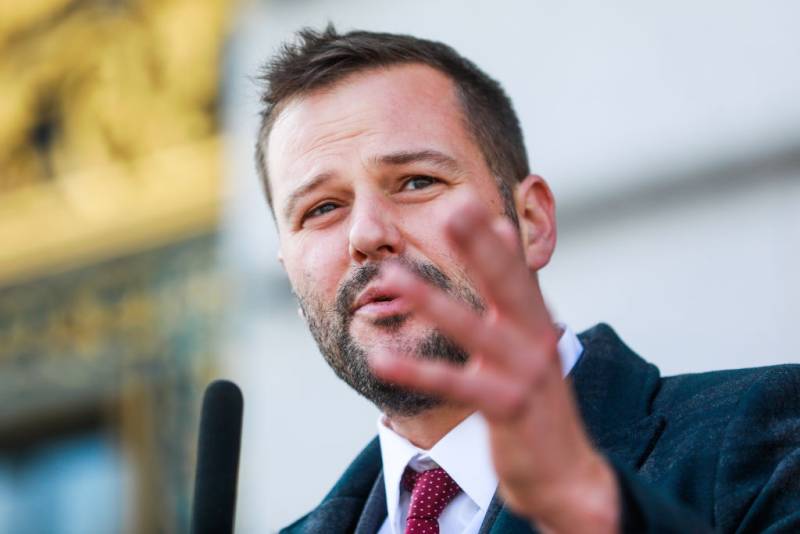Suboxone, the brand name of the drug buprenorphine, is available as a pill or as a film that dissolves under the tongue. It binds to opioid receptors in the brain but doesn’t activate them all the way, so patients don’t feel high, but also don’t experience withdrawal symptoms.
Bleu felt immediate relief when she started taking Suboxone daily, and within a month she started to slowly turn her life around. Now, two years later, she’s still clean, and when she is not teaching preschool, Bleu is in community college studying dental hygiene.
“We’ve been shocked by how many teens and young adults in the community have come to us desperate for help,” said Dr. Lee Trope, a pediatrician in San José. “Some of them are using every two to three hours, like 10 fentanyl pills a day.”
The fentanyl crisis is actually much worse in other Bay Area counties like San Francisco and Contra Costa, according to data-crunching from the Mercury News.
But Trope says she often can’t prescribe Suboxone to many of the adolescents who need it most because California requires consent from a parent (or legal guardian) to begin what’s known as medical-assisted treatment (or MAT) for 16- to 18-year-olds.
“It’s not uncommon that they’re living on the street,” Trope said. “Many of them are living with grandparents or aunts or uncles because their guardians are in the grips of addiction themselves.”
To address that, San Francisco Democratic Assemblymember Matt Haney in February introduced a bill that would allow anyone 16 and over to start Suboxone treatment without the need for parental consent.
 Former San Francisco Supervisor and current Assemblymember Matt Haney speaks during a press conference on Nov. 16, 2021, at City Hall in San Francisco. (Gabrielle Lurie/The San Francisco Chronicle via Getty Images)
Former San Francisco Supervisor and current Assemblymember Matt Haney speaks during a press conference on Nov. 16, 2021, at City Hall in San Francisco. (Gabrielle Lurie/The San Francisco Chronicle via Getty Images)
“Teenagers who, for a variety of reasons, can’t talk to their parents about their addiction shouldn’t be prohibited from getting help,” Haney said. “Suboxone is the most effective form of treatment for opioid-use disorder, and it’s critical that we get people enrolled in it as soon as possible.”
But Assemblymember Bill Essayli, a Riverside County Republican, worries the proposed legislation will encourage kids to hide their addiction from their parents.
“I think it is too sweeping, it’s too broad, and it covers a bigger class of people and minors than the bill is intended to target,” he said.
Essayli said he would rather see much narrower legislation limited to kids who are estranged from their parents, and that focuses to a greater degree on connecting them to social services.
But Charlotte Bleu in San José isn’t sure she would be here today if she had needed her parents’ permission to start Suboxone treatment.
“My parents were very against it,” Bleu said. “They thought that it was an easy way out. They still believed that it was a drug to make me high.”
She tried to explain to them that Suboxone only partially activates the opioid receptors, so it does not stimulate euphoria — but she said they didn’t believe her.
“I’m so thankful that I did survive, because if I didn’t,” Bleu said, “I wouldn’t have been able to learn all these valuable lessons and get to the healthy point that I am today.”




















